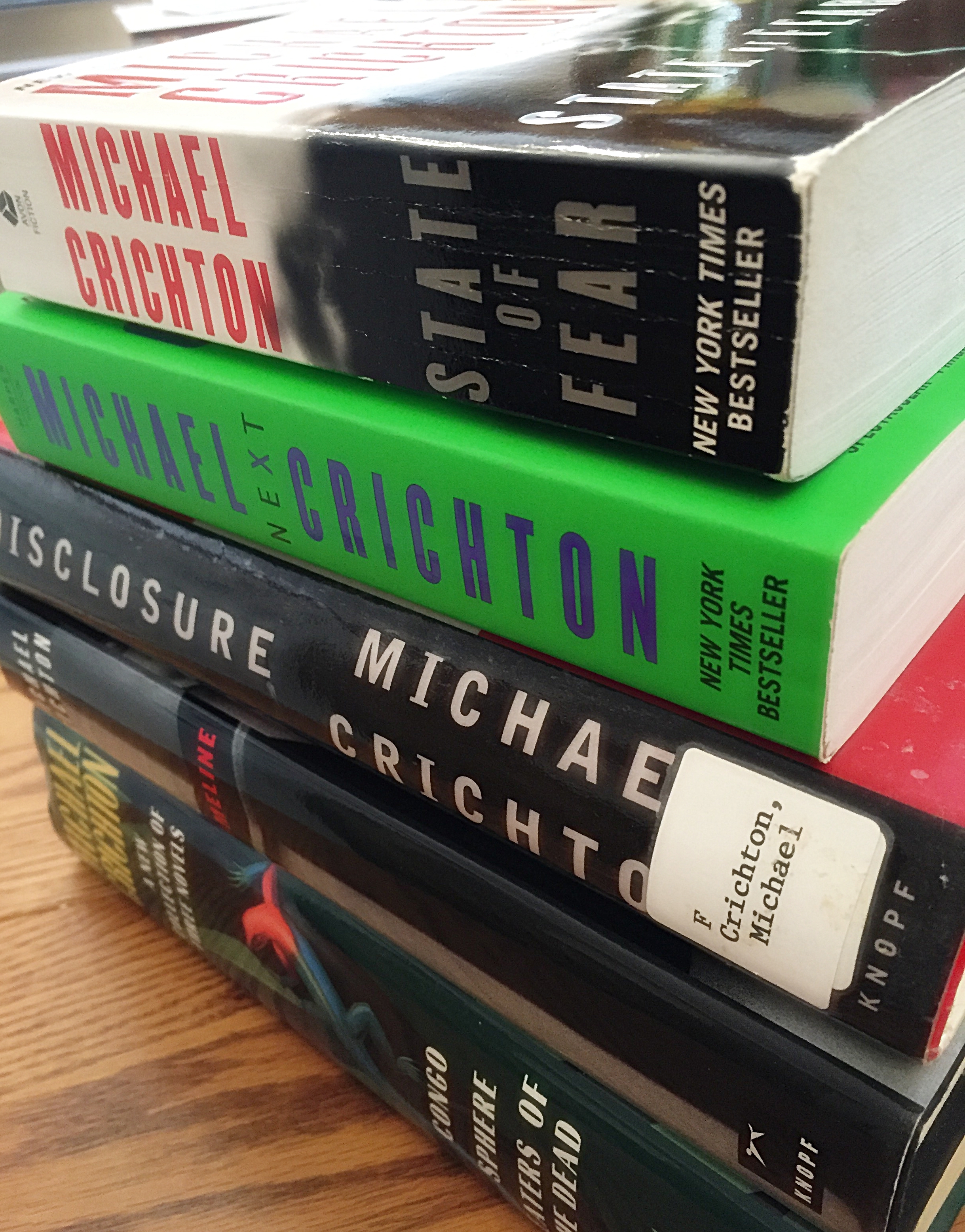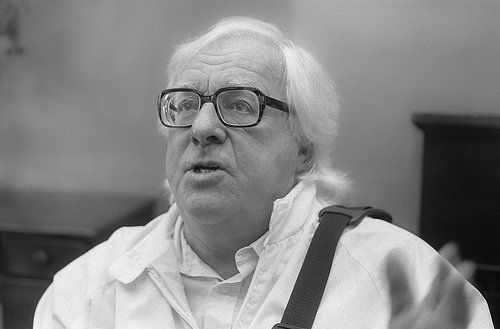In last week’s post, How to tell a story only you can tell, I discussed the importance of writing daily to develop your writing voice. How much you write and what you write are really up to you. Simply stated, you’re the boss. Some writers set themselves a word count, others a page count, and a number of people do a lot of writing inside their heads before they set pen to paper or fingertips upon keys. I “write†in the shower, of all places, formulating sentences that turn into paragraphs and pages once I towel off. Sometimes my daily writing exercise consists of nothing more than a list of ideas I want to explore, or a list of titles I have brainstormed. Honestly, I don’t think it matters how much you write or what you write; just make sure you write something every day, however you define writing for yourself. Writing is like any other skill you might have—archery, speaking a foreign language, or crocheting—if you don’t use it, you’ll lose it. At the very least you’ll be on shaky ground, for a while, when you begin writing after taking some time off.

It’s sort of interesting to learn, however, how many words well-established writers write each day. According to Amanda Patterson in The Daily Word Counts of 39 Famous Authors, Ernest Hemingway, who wrote such novels as The Old Man and the Sea, A Farewell to Arms and For Whom the Bell Tolls, wrote 500 words a day. Michael Crichton, author of suspense thrillers such as Jurassic Park, The Andromeda Strain, and Sphere—all of which became films—writes a prodigious 10,000 words a day. Mark Twain wrote about 1,400 words a day, and many modern writers—Stephen King, Nicholas Sparks, and Anne Rice—write 2,000 to 3,000 words daily, or roughly 7 to 10 double-spaced, typed pages.

Ali Luke, in How Much Should You Write Every Day?, points out that some writers write quickly, producing many words, while others write slowly and meticulously, writing fewer words. She says it doesn’t matter how much work you accomplish, or even if you physically write every day, as long as you determine for yourself how much and how often you should write to feel good about the progress you are making. She does recommend, however, that you develop a routine for yourself, as this routine will develop your writing muscles. Like a marathon runner who gradually runs longer distances, you may need to write less before you can write more.

On the surface, what Ali says seems to contradict what I stated in the first sentence of this post, i.e., that it’s important to write daily. But writing is not just the act of putting words on paper. It is also the act of feeding your word bank by reading widely, playing word games, and consciously listening to how people speak and what they say. Observation is a critical part of a writer’s tool box. Writing is also journaling your dreams, writing letters and keeping a diary, scrapbook or journal. Julia Cameron, author of The Artist’s Way, might argue that taking time off from the physical act of writing by visiting a museum, strolling through a butterfly park or sitting through a concert is still directly related to writing because you can’t write effectively if you don’t also have experiences to capture.

Most writers have childhood experiences that encouraged them to develop a passion for writing. I was probably in third grade when I received my first diary, which I kept faithfully until I was in high school. The summer after I learned cursive writing, my mother asked my younger brother, Mark, and me to sit down after lunch every day, and copy by hand a long poem we enjoyed from a thick volume of verse. My parents were our attentive audience when we wrote, practiced and presented a puppet show, using my bedroom closet as a stage. We played word games during car journeys and Scrabble for Juniors at the family kitchen table, solved crossword puzzles, and circled page after page of word search exercises. Once every couple of weeks during grade school, when my family lived in southern California, my brother and I traded the previous load of library books for another heavy stack, trekking 45 minutes each way, to and from the library. During junior high, we walked across the street to the library every day after school, where I read for pleasure until my father finished working and picked us up. That’s when I first began reading a magazine called The Writer, to which I have subscribed for many years of my adult life. My junior high, high school and college years were filled with long letters I wrote to friends in the U.S. and Germany, articles I wrote for the school newspaper, and poems and short stories I wrote for the literary magazine.

The childhood experiences that encouraged you to become a writer in the first place are similar to the adult experiences that nurture you today. One experience flows into another, building layers of memories until they overflow, morphing into words that form a writing routine. James Thayer, in How Many Words a Day, suggests that a schedule is a good place for many writers to start. A schedule often produces an outline, long and detailed for some people and quite loose for others. I know that for me, I don’t like being tied to a detailed outline. However, a general one that is linked to a deadline is helpful. I write organically—but also slowly—with a general idea of where I will end up, and take little detours along the way. But I have to admit that setting aside one or two days a week, when I know that I will sit down and physically finish a writing piece, gets the job done.

Paula Munier, in Writing with Quiet Hands, says that it took her a long time to learn the lesson that “Showing up every day to write is one of the rules that you break at your own peril.†She points out that Annie Dillard writes every morning and takes off at lunch, John Updike wrote every weekday but skipped weekends, and Maya Angelou rented a hotel room and wrote from early in the morning to mid-afternoon every day. The point is that setting yourself a writing goal within the context of a routine—whether it’s a word count, a specific number of pages, a set length of time, getting from Point A to Point B in an outline, or adhering to a deadline—truly works. What’s your writing routine all about?
© 2016 Judy Nolan. All rights reserved.

Great piece! I don’t know if it’s love of reading that led me to writing or the other way around, but I’ve always enjoyed both! I used to carry a paperback with me almost everywhere, including to the movies to read prior to the previews! When I was in elementary school, I used to get home, grab a book, and sit in a tree to read.
What an interesting post! I have always said I want to write but yet I never developed a writing routine so nothing has been written. I need to be more organized and even more selfish with my time and just begin something – anything at all to get the ball rolling.